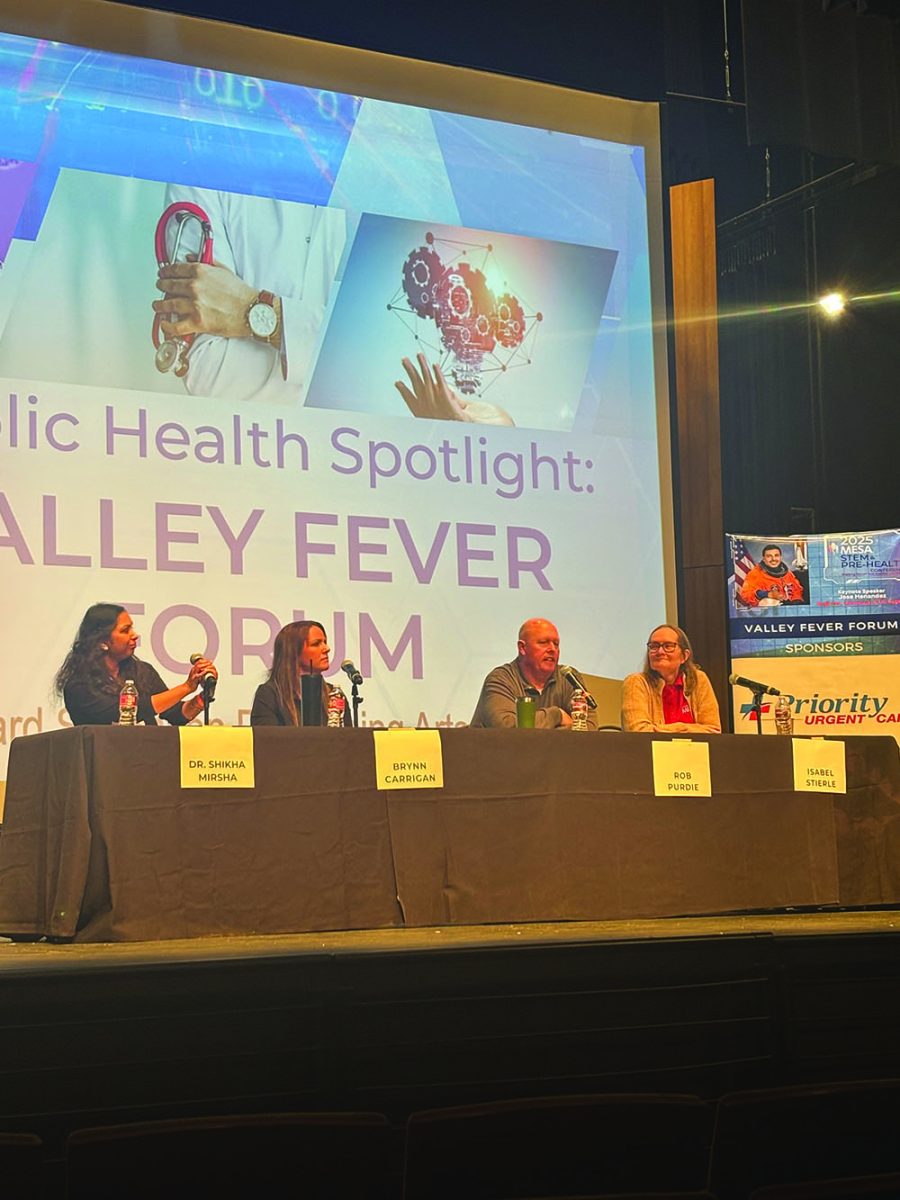“What I Wish My Teacher Knew” a webinar discussing student experiences at Bakersfield College
March 27, 2021
BC presented a webinar discussing student experiences on March 24. A large audience of nearly 90 people joined the discussion. Student body leaders shared their personal experiences on campus and in the classroom. Their experiences included how teachers made them feel with the material they teach as well as feeling included.
Dr. Paula Parks, who teaches English at BC and is the Umoja community ASTEP coordinator, provided an example of a discussion about a restroom scenario to show disparity in equity. At a baseball game, there were more available restrooms for men, but there were long lines to use the restroom for women. One group was catered to and taken care of more than the other for the same sports game.
William Guillen is apart of the BC SAGA club who refers to himself as a queer person of color. He explained how representation matters in the classroom and how we are currently in a time of transition. Guillen said that not everyone at BC is living a heterosexual life. He shared his experience while enrolled in a theater class at Bakersfield College and how he had a cisgender white male professor who was instructing the course. He referenced that the professor did not include material from artists who are people of color or LGBTQ. Guillen explained that he brought up Tyler Perry, a well-known Black theatre performer, and director. Guillen said that the professor had little to no interest in Perry and solely focused on material from white writers like William Shakespeare. Guillen said that he ended up dropping the class, and his decision was due to the lack of representation from multiple backgrounds and that the classroom was not inclusive.
Zariyah Hall is on the membership chair of Bakersfield College’s Umoja club. She explained that some professors fail to include contributions from people of color in their educational planner.
“People of color have contributed in science, math, as well as other subjects… I want to feel included.” Hall said. Hall added that Umoja classes not only include material from persons of colored backgrounds but are also inclusive of material from the LGBTQ community.
Alexis Brown is a peer mentor for the Umoja club and spoke about her experiences as a student at Bakersfield College and how she encountered difficulties printing out her assignments for her classes. She explained that one of her professors gave her permission to print out her assignments from their classroom. However, another facility member told Brown she was not allowed to print and she would need to find another way to print out her assignments. According to Brown, she was denied access to print because she is a woman of color. She explained that there were several white that were allowed to print in those facilities, and they could get access but she could not, to resources she needed to succeed.
Edith Mata is the president of Latinos Unidos por Educacion (LUPE) who discussed that there needs to be more support on campus. She explained that possibly hiring more counselors will help students succeed at BC. Mata explained how she is not a person of privilege and having internet access to complete her assignments can be difficult. She also added that some students face issues with transportation getting to and from campus. She would like to see Bakersfield College create more programs for students who are less privileged. Mata also explained how she would like to see more professors of color teaching on campus so that students can feel there is a larger diversity amongst those who teach.
Cara Polte is a BC student-athlete and is a former Frontier High student who comes from a privileged background. She explained that her previous campus was not as diversified as Bakersfield College. Polte talked about how there are many differences in teachings amongst the schools and how she enjoys a more diversified environment. She concluded by saying that history classes in our society are very “whitewashed” and how schools should implement more ethnic background studies. This would allow students to have a greater idea of the world around them besides the norm that they are surrounded by.
The hour-long discussion ended with a Q&A section where students were able to ask members more about their experiences.






Edith Mata • Mar 29, 2021 at 12:06 am
thank you for covering this webinar. great article